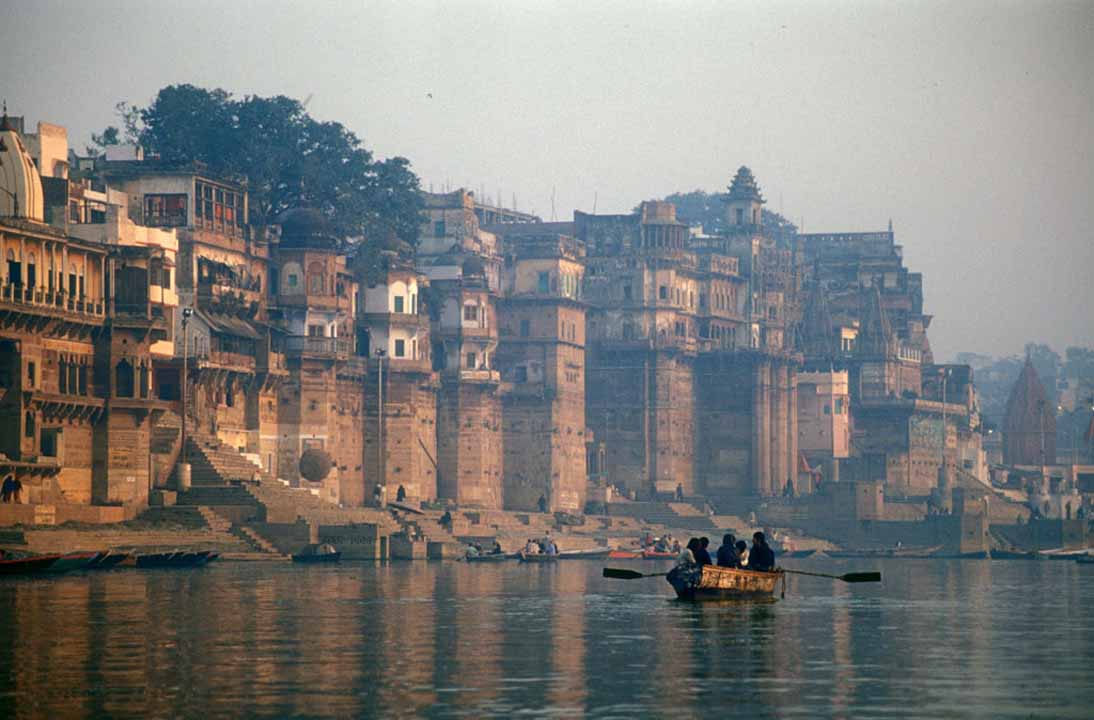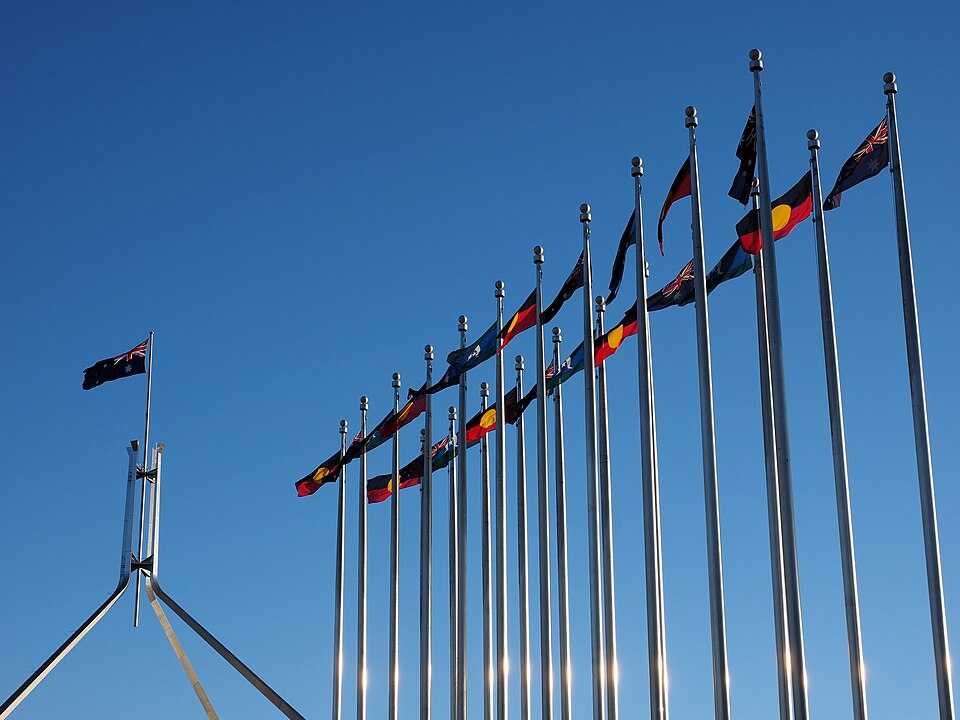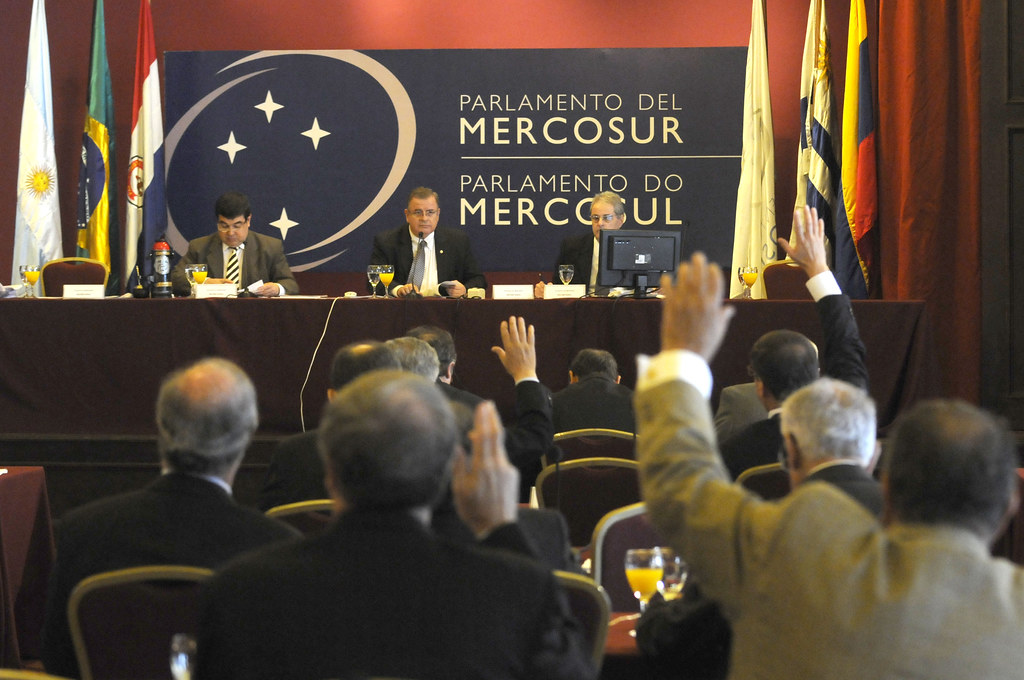As the College of Cardinals prepare for the conclave to replace Pope Francis, the geopolitical implications of their decision cannot be underestimated. In an era of escalating global tensions and internal Church challenges, the next pontiff must be both a spiritual leader and a statesman capable of shaping a vision for peace and ethical global governance.
The election of a new pope is not merely an ecclesiastical affair; it is a pivotal moment that will effect the future international order. The Vatican, often misjudged in secular circles, possesses an unrivalled power to convene world leaders and shape global issues through its moral and symbolic authority.
In an era where traditional diplomacy has struggled to resolve complex issues, the Vatican has proven itself a place capable of bringing together uneasy allies under the mantle of something greater than politics. The recent meeting between Presidents Donald Trump and Volodymyr Zelenskyy inside St. Peter’s Basilica was a salient reminder of the Church’s capacity to facilitate dialogue in the interests of peace. That these two figures, representing such different visions of the modern world, could meet just weeks after their dramatic White House imbroglio speaks to the soft power exercised by the Holy See.
In just over a week, the next pontiff will inherit—and must carefully steward—this convening authority in the interests of stability and pacific relations. As global conflicts metastasise from Ukraine to the Middle East and in the Sahel, the papacy has the ability to transcend the political fray to reduce the proliferation of violence and challenge the competing narratives of powerful states.
Indeed, the pope’s capacity as a thought leader on geopolitical matters is often overlooked. Several modern pontiffs have shaped global debates not just within the Catholic world, but across broader international society. Pope Francis’ encyclical Laudato Si’, which framed environmental stewardship as a moral imperative, had a substantial impact on the COP21 Summit in Paris and subsequently reshaped the contours of global climate discourse. Similarly, his firm views on migration, economic inequality, and the dignity of marginalised peoples has directly influenced broader policy discussions.
In addition to the possibility of great power conflict, the next pope will face a world grappling with the existential threats of climate change, technological disruption, mass migration, and ideological polarisation. His ability to frame these issues in ways that resonate across borders, cultures, and faiths will determine whether the Vatican remains a relevant global actor. A visionary pontiff will have the opportunity to redefine issues like artificial intelligence, nuclear disarmament, or global governance through shared precepts of human dignity and ethical responsibility.
History offers many examples of the papacy’s influence on global affairs. The Treaty of Tordesillas in 1494, mediated under the aegis of Pope Alexander VI, delimited the colonial boundaries of the Spanish and Portuguese global footprint, shaping centuries of geopolitical reality. More recently, Pope John Paul II’s unwavering support for the Polish Solidarity movement energised resistance to Soviet domination and contributed materially to the end of the Cold War. It was his moral leadership that galvanised people against tyranny without the use of arms and demonstrated the capacity of papal intervention to destabilise oppressive regimes. In each case, the pope was an active participant in determining the outcome, sometimes in ways that surpassed the influence of traditional political leaders.
Today, similar opportunities and risks exist aplenty. The conflict in Ukraine is far from resolved. Tensions between the United States and China continue to mount. And nations in the global south, many deeply Catholic, are demanding a greater voice in world affairs. In this environment, the next pope must be not only a pastor but a statesman capable of speaking uncomfortable truths and offering a vision of solidarity that can resonate from Washington to Beijing, from Kinshasa to Kyiv.
This is no small task. The next pope will also face internal challenges of declining church participation in the West, ongoing clerical abuse scandals, and doctrinal divisions between ideological factions. Though there may be a temptation for the cardinals to choose a caretaker pope—someone who can consolidate the institution without courting controversy—this moment requires far more from its Catholic leadership.
Among the papabile—the cardinals most likely to assume the Chair of St Peter—several stand out for their potential to navigate the forthcoming uncertainty. Chief among them is Cardinal Pietro Parolin, the Vatican Secretary of State, who brings immense diplomatic experience, having brokered delicate negotiations with China and engaged in backchannel talks during global crises. Similarly, Cardinal Matteo Zuppi, the Archbishop of Bologna, played a pivotal role negotiating peace in Mozambique and offers a vision of the Church as an active peacebuilder. His first-hand experience in conflict-ridden regions could help reinvigorate the Vatican’s authority to mediate hostilities.
Meanwhile, Cardinal Luis Antonio Tagle, the former Archbishop of Manila and now a senior figure in the Roman Curia, would bring valuable perspectives from the Global South. With tensions between the Philippines and China escalating over maritime disputes, Tagle’s experience in a region at the fault line of the US-China rivalry positions him uniquely to speak on issues of sovereignty, dialogue, and peacemaking in a multipolar world. Each of these figures reflects, in different ways, the geopolitical qualities the next pope must embody to sustain the Church’s central role in world affairs.
If the College of Cardinals are to take one image into the Sistine Chapel to accompany their deliberation, the meeting of Trump and Zelenskyy in St. Peter’s Basilica should serve as a symbol of what the Vatican can achieve: a space where adversaries can become interlocutors in the global interest. But to capitalise on this unique power, the Church must elect a pope who is prepared to act with the moral clarity and geopolitical sophistication that this moment demands.
We can only pray they make a wise choice.
Matthew Newman is a General Sir John Monash Scholar and a Surface Warfare Officer in the Royal Australian Navy. He holds a Bachelor of Arts (Hons. First Class) in International Politics from the University of New South Wales, a Master of Science in International Relations from the London School of Economics, and Master of Public Policy from the University of Oxford. All views expressed are his own and do not represent any organisation of which he is a member.
This article is published under a Creative Commons License and may be republished with attribution.



